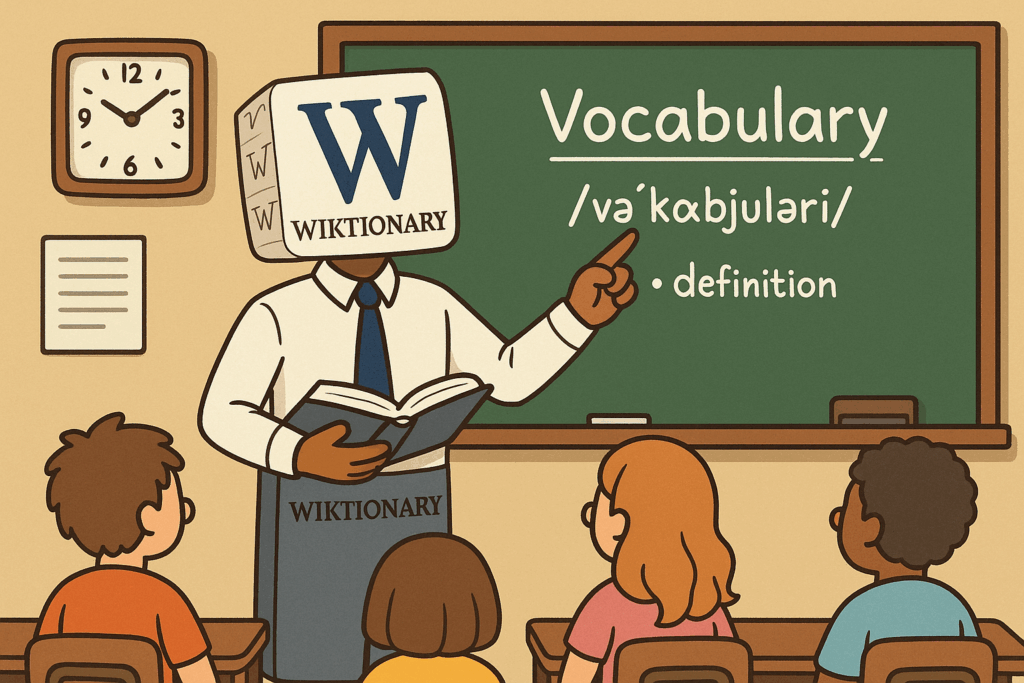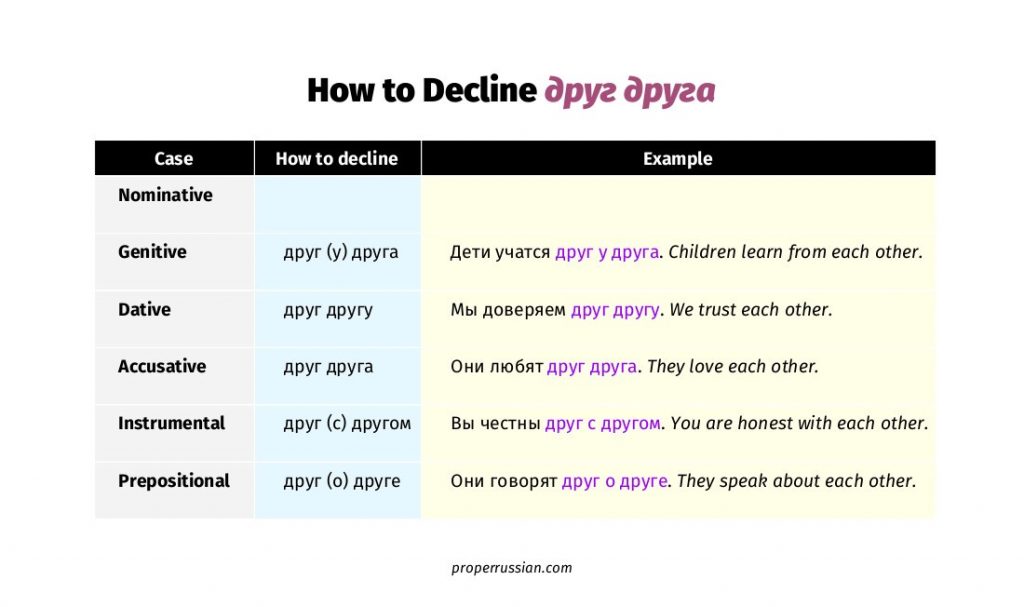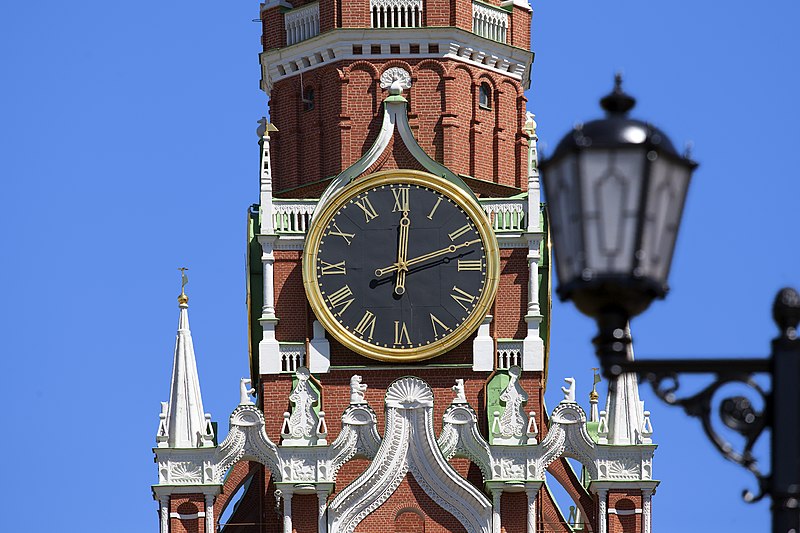Eight Things Wiktionary Teaches for Free
Wiktionary, a multilingual dictionary by Wikimedia, is my daily go-to for language learning and teaching. Beyond translations, it offers pronunciation (IPA and audio), grammar tables for Russian words, stress markers, multiple meanings, synonyms, antonyms, derived terms, etymology, and categorized word lists. Explore these features to deepen your Russian vocabulary and understanding effortlessly.











